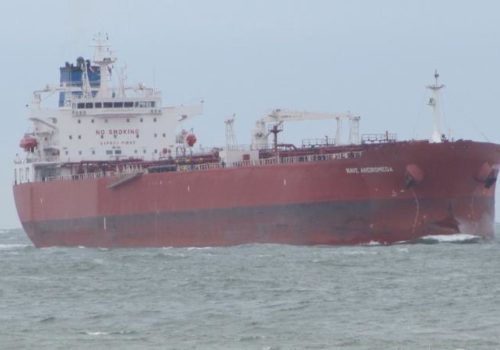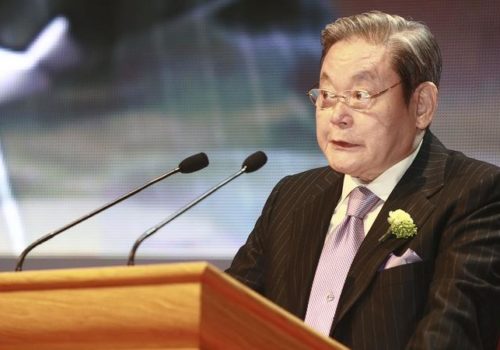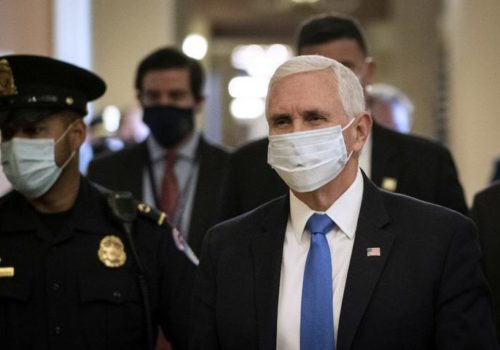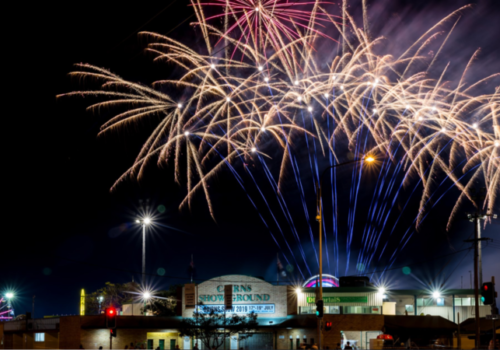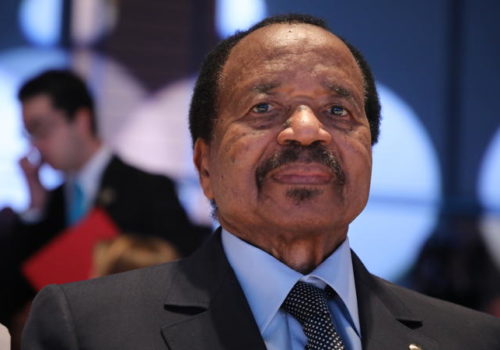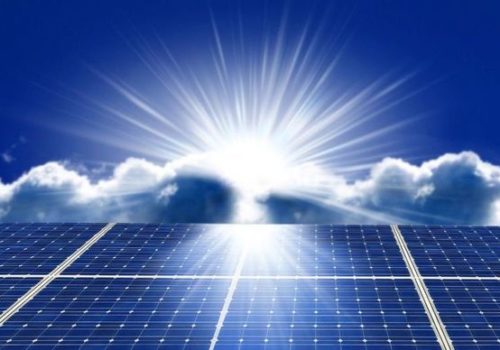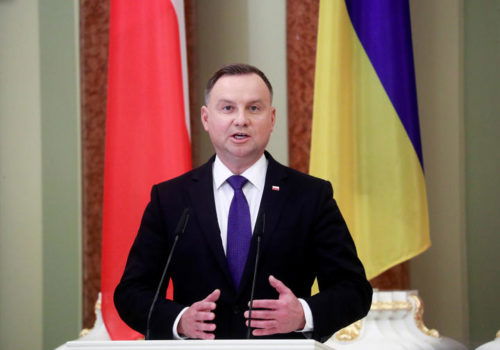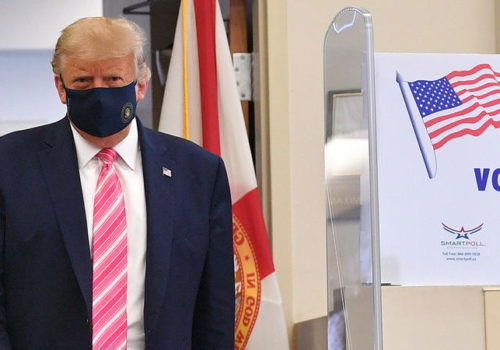Tanker stowaways: Seven suspects detained off Isle of Wight
Seven suspects have been detained on board a tanker situated off the Isle of Wight.
Photo: VesselFinder / Dennis Adriaanse
UK special forces were involved in dealing with the incident on board the crude oil tanker, which had a number of stowaways on board.
The operation on board the Liberian-registered Nave Andromeda involved six helicopters and a Special Boat Service team, the BBC understands.
Military assistance had been requested after the stowaways became violent.
BBC defence correspondent Jonathan Beale said the individuals were detained after they were met with "overwhelming force".
He said the crew of the tanker were all safe locked in the ship's citadel.
Beale said members of the Special Boat Service based at Poole, in Dorset, were specially trained to deal with such incidents, though the Ministry of Defence does not officially comment on their activities.
A three-mile exclusion zone is in place around the vessel.
Concerns over the crew's welfare were raised at 10:04 GMT when the vessel was six miles off Bembridge, police said.
A spokesperson said "verbal threats" had been made towards the crew.
Richard Meade, editor of shipping news journal Lloyd's List, said there were thought to have been seven stowaways on board.
He said it was believed they had become violent towards the crew after they attempted to detain them in a cabin.
The 240ft-long (73m) ship is known to have left Lagos in Nigeria on 5 October and is currently situated south of the Isle of Wight.
Lawyers for the vessel's owners said they had been aware of the stowaways on board for some time.
Meade said: "They discovered seven stowaways on board the vessel. When the crew tried to detain the stowaways in a cabin they got violent and that sparked the security incident.
"This wasn't a hijacking attempt. This was the fact that they discovered stowaways on board and the stowaways didn't want to be locked in a cabin."
The Maritime Coastguard Agency said it was assisting police and search and rescue helicopters were at the scene.
A spokesperson for Associated British Ports (ABP) said it had no comment on the incident.
It is understood the port received contact from the ship but it had not been refused entry to the harbour.
A spokesperson for the Home Office said it was aware of the incident.
-BBC

